Songs about mental health have been written since the beginning of time. Even before there were instruments there were lyrics that offered you a deep dive into your emotions and made you feel all the feels.
Of course music can be good for the soul especially when you’re down and out. We all know that there have been countless songs about mental health.
There are many songs that touch on this topic and tug on the heart strings. These songs offer insights, empathy, and sometimes even catharsis for listeners.

Here are five songs widely regarded for their exploration of mental health themes:
- “Mad World” by Tears for Fears (1982): This melancholic synth-pop song was later covered by Gary Jules, explores feelings of isolation, disillusionment, and the pressures of society. The lyrics depict a sense of alienation and despair, resonating with so many struggling with mental health issues.
- “Hurt” by Johnny Cash (2002): Originally written by Trent Reznor of Nine Inch Nails, Johnny Cash’s cover of “Hurt” is hauntingly raw and visceral. The song reflects on personal struggles, regrets, and the pain of existence, capturing the complexities of mental anguish.
- “1-800-273-8255” by Logic ft. Alessia Cara and Khalid (2017): Named after the National Suicide Prevention Lifeline, this song addresses feelings of hopelessness and suicidal ideation. Its powerful message of seeking help and finding hope resonated deeply with millions of listeners and ultimately lead to increased awareness about the mental health epidemic.
- “Demons” by Imagine Dragons (2012): “Demons” delves into the internal struggles and demons that people battle silently. The lyrics convey themes of self-doubt, insecurity, and the constant inner conflict many people face. It offers a relatable narrative for those dealing with mental health challenges.
- “Breathe Me” by Sia (2004): Sia’s haunting vocals in “Breathe Me” express vulnerability and the desire for connection. The song captures the feeling of being on the brink of collapse and reaching out for support, resonating with listeners who have experienced emotional breakdowns or struggles with mental health.
These songs offer different perspectives on mental health, from introspective reflections to messages of hope and resilience, and have provided solace and understanding to listeners across the globe dealing with similar issues.
Listening To Music Can Be Beneficial For Mental Health
So how does listening to music help with mental health?
Listening to music can have several positive effects on mental health:
- Mood regulation: Music has the power to evoke emotions and can be used as a tool to regulate mood. Upbeat and energetic music can lift spirits and boost motivation, while calming and soothing music can help reduce stress and anxiety. That’s a major plus.
- Stress reduction: Engaging with music has been shown to lower levels of cortisol, the stress hormone, in the body. Listening to relaxing music can help calm the nervous system and promote relaxation, reducing feelings of tension and anxiety. Checkout this previous post for the best meditation music.
- Emotional expression: Music often resonates with personal experiences and emotions. Listening to music with lyrics that reflect your feelings can provide validation and comfort and offers a way to express emotions that may be difficult to articulate otherwise.
- Distraction: Music can serve as a healthy distraction from negative thoughts and rumination. Immersing yourself in music can shift focus away from stressors and worries and provides a temporary escape and a sense of relief.
- Social connection: Sharing musical experiences with others, whether attending concerts or simply discussing favorite songs, fosters a sense of belonging and social connection. This social support has a positive impact on mental well-being.
- Cognitive benefits: Engaging with music, such as learning to play an instrument or actively listening to complex compositions, can stimulate cognitive functions and enhance brain health. Music has been linked to improvements in memory, attention, and problem-solving skills.
- Empowerment and inspiration: Inspirational lyrics and motivational music can uplift and empower you, instilling a sense of hope, determination, and resilience. Music can provide encouragement during difficult times and inspire positive changes.
Overall, music has the potential to promote mental health and well-being by providing emotional support, reducing stress, fostering social connections, and enhancing cognitive functioning. Incorporating music into daily routines can be a valuable self-care practice for maintaining mental and emotional balance.

Listening To Sad Music Can Be Bad For Mental Health
On the flip side listening to sad music be bad for mental health.
While listening to sad music can offer catharsis and validation of emotions for some people, it’s essential to recognize that it might not always be the best thing, especially for those struggling with certain mental health conditions.
Please take a moment to consider ways in which listening to sad music could potentially be detrimental to mental health:
- Triggering negative emotions: For those prone to rumination or those with mood disorders such as depression or anxiety, listening to sad music might intensify negative emotions or trigger distressing thoughts and memories. It can lead to a cycle of sadness and exacerbate existing feelings of hopelessness or despair.
- Rumination and over-identification: Some people may overly identify with sad music, internalizing its themes and lyrics, which can perpetuate rumination and self-pity. Continuous exposure to sad music without balancing it with more uplifting or empowering content can contribute to a negative outlook on life.
- Social withdrawal: Listening exclusively to sad music could potentially reinforce feelings of loneliness and isolation, especially if it leads to withdrawing from social interactions or seeking solace solely in music rather than seeking support from friends, family, or mental health professionals.
- Interference with coping mechanisms: While occasional indulgence in sad music as a form of emotional release can be therapeutic for many people, excessive reliance on it as a coping mechanism may hinder the development of healthier coping strategies. It’s essential to cultivate a diverse range of coping mechanisms to navigate challenging emotions effectively. You want to acknowledge the sad stuff and be with it, but not for an extended period of time. Eventually we all have to pull ourselves out of that rut.
- Affecting self-esteem: Constant exposure to sad music may influence self-perception and self-esteem, particularly if someone perceives themselves as always being in a state of sadness or if the music reinforces negative beliefs about oneself or the world. For tips on building self-confidence checkout this previous post here.
It’s important to maintain a balance in music consumption and be mindful of its impact on mental well-being. If listening to sad music begins to have a consistently negative effect on mood or mental health, it may be beneficial to explore alternative genres or activities that promote emotional balance and resilience.
Music feeds the soul and can be great to lean on even if it heightens that sad feelings, but keep in mind staying in state of perpetual grief is never good.
Additionally, seeking support from mental health professionals can provide guidance on coping strategies and emotional regulation techniques tailored to your personal needs.
If You’re Struggling With Mental Health
As you know I’m a huge proponent of mental wellness and ensuring we all get the help we need when we need it. And of course, I don’t want you just to get any help I want you to get the right help so I am now sponsored by BetterHelp. BetterHelp is the world’s largest therapy service, and it’s 100% online.
BetterHelp offers a network of over 25,000 licensed and experienced therapists who can help you with a wide range of issues. Just click on the link below, answer a few questions and get matched with a therapist from the network. One of the most amazing features of BetterHelp, if you don’t jive with your therapist you can switch to a new one that’s a better fit for you any time free of charge. With BetterHelp, you get the same professionalism and quality you expect from in-office therapy, but with a therapist who is custom-picked for you, more scheduling flexibility, and at a more affordable price. Click the button in the image. You get 10% off at Better Help with my link above or click any one of the images below.

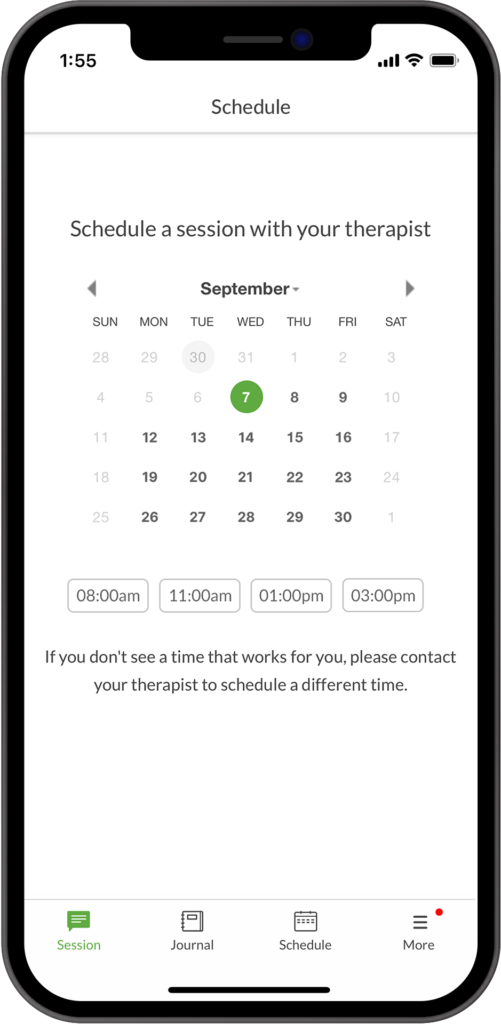
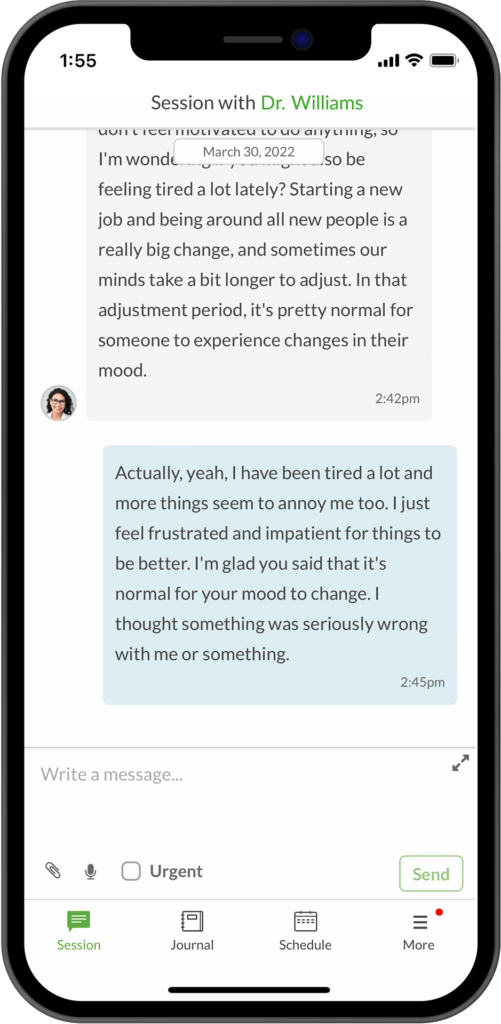
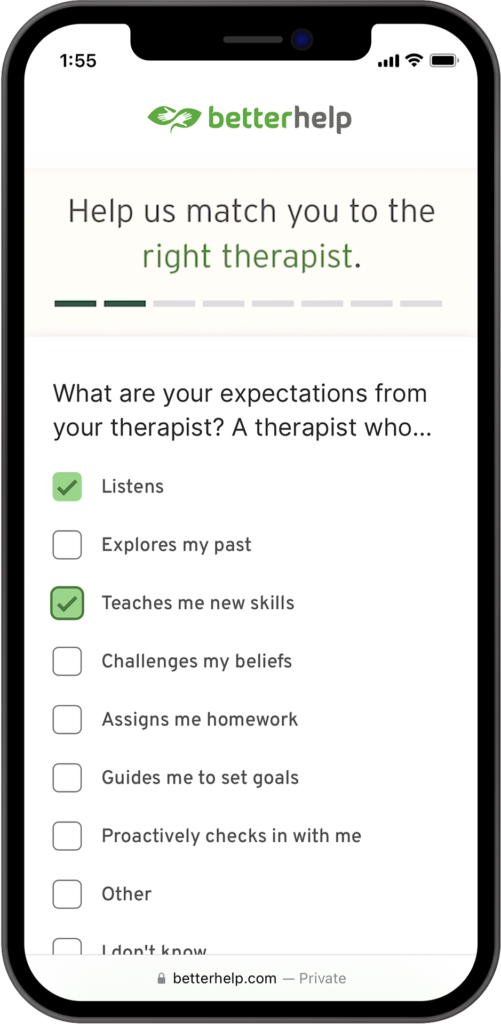
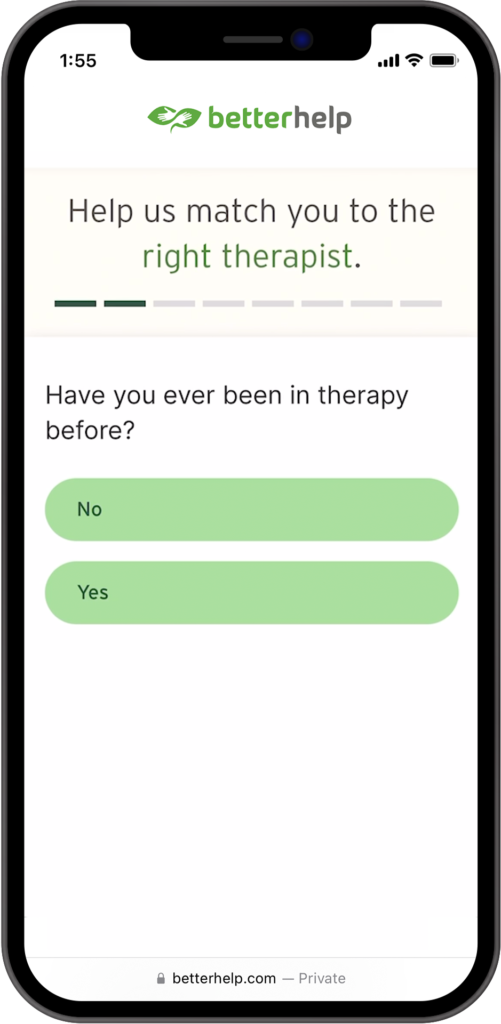
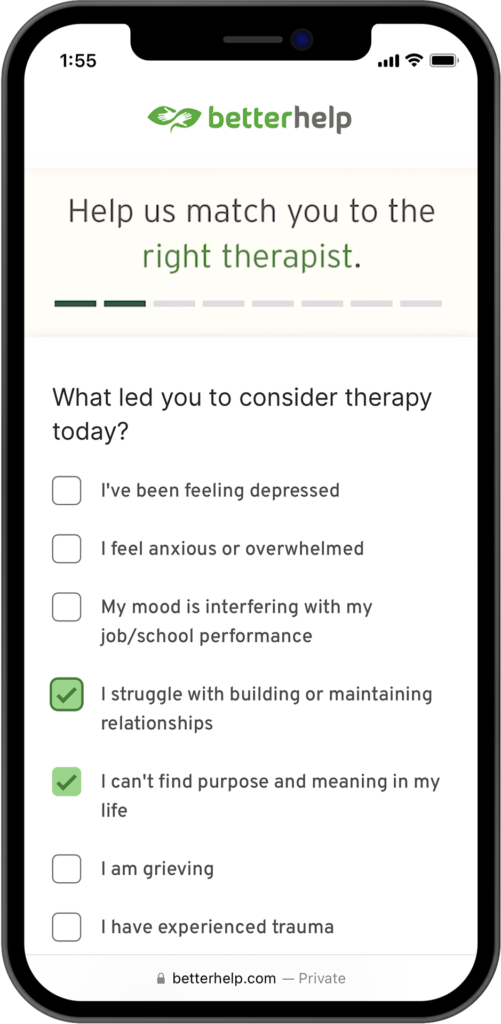
Comments +
5 Greatest Songs About Mental Health
Mental Health, Mental Wellness